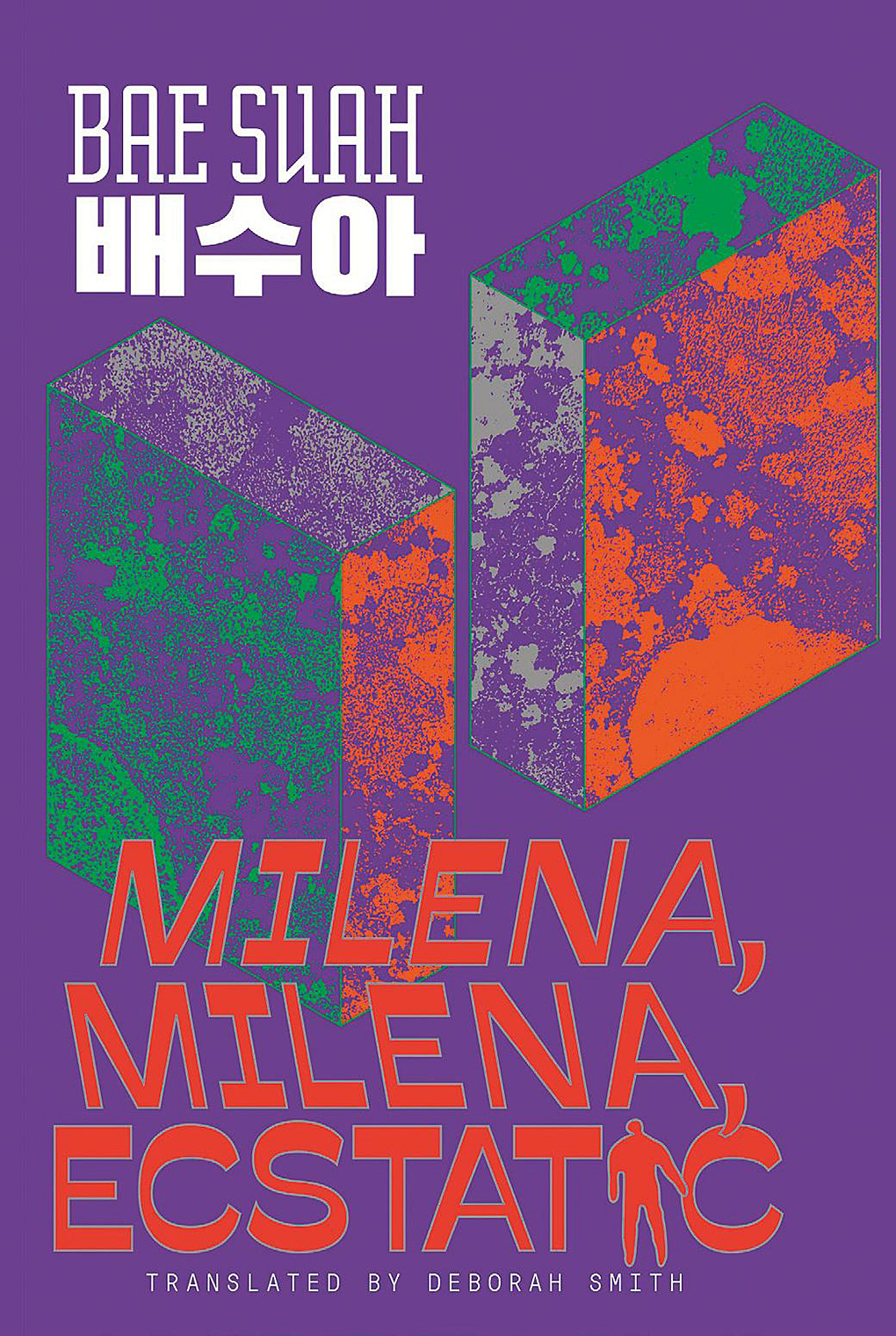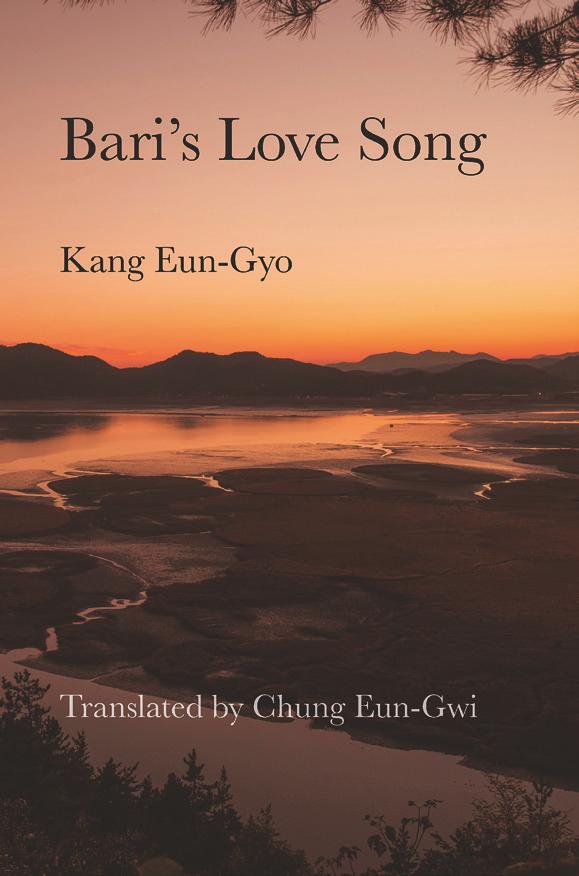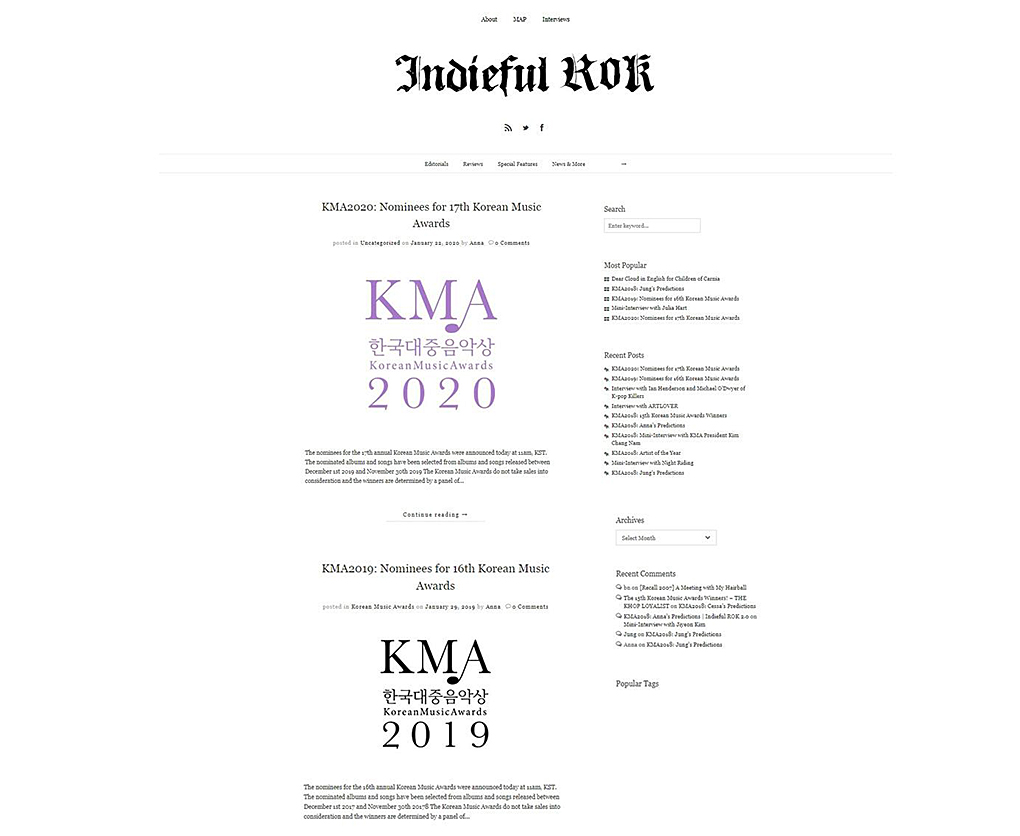A Story for a Little Spare Time
‘Milena, Milena, Ecstatic’
By Bae Suah, Translated by Deborah Smith, 36 pages, £6.99, Norwich: Strangers Press [2019]

“Milena, Milena, Ecstatic” is a short story by Bae Suah, an author who has had significant exposure in the English-speaking world in recent years thanks to the efforts of translator Deborah Smith. This latest work is published in chapbook form as part of the Yeoyu Series from Strangers Press. Yeoyu is a somewhat difficult-to-translate Korean word that can mean “leisure” or “ease,” or can refer to anything of which one might have plenty to spare. The moniker seems appropriate as the story can be read in a bit of spare time, though a thoughtful reader may also wish to ponder and even revisit it.
We are introduced to the protagonist, Hom Yun, as he is in the process of making his typical breakfast, and one characteristic stands out immediately: Hom is a creature of habit. As with all aspects of personality, there are two sides to this. On the one hand, this is a character trait of one who finds comfort in the familiar and the routine, who perhaps shuns new and strange experiences. Taken to the extreme, such an individual might even be called boring. On the other hand, though, such a person may be steadfast, strong-willed and disciplined. Rarely, of course, is one exclusive of the other, and so it is with Hom.
We learn more about Hom as the story goes on, such as the fact that he likes to read. But he is a particular type of reader, dipping into the various books he keeps in different locations around his house, leaping lightly from one to another at various times – the trait of one not hidebound to routine, but open to a variety of experiences. And yet there is still order here, as he prefers to read certain types of books in certain locations, such as books of plays when he visits a café for his usual drink, an espresso.
Into this eclectic yet well-ordered life, Bae injects the occasional element of randomness, such as the silver horse without a rider that Hom encounters during his morning jog, or the mysterious book he finds as he reaches for something to read while relaxing in a lukewarm bath, a book of which he has no knowledge or recollection – and from which part the story’s title is drawn: “Letters to Milena.” It is when Hom begins to interact with others, though, that the story deepens. For the first quarter of the story, we see only the world through Hom’s eyes, but when we begin to see Hom through the world’s eyes, it is almost as if we are seeing a different person. In the latter half of the work, we find Hom at the edge of a great journey, and after a seemingly chance encounter he is faced with a choice. Which door will he step through? If you are looking for something to read in those spare moments when you have a little bit of “yeoyu,” this is a story that might be just right for filling that space.
Verse of Healing from an Abandoned Princess
‘Bari’s Love Song’
By Kang Eun-Gyo, Translated by Chung Eun-Gwi, 74 pages, $14.00, South Carolina: Parlor Press [2019]

This collection of poetry by Kang Eun-gyo references in its title a famous figure from Korean folklore and shamanism, Bari Gongju, the abandoned princess. Bari follows what at first appears to be a typical hero’s journey: she is abandoned by her parents, goes on a mystical adventure, and returns in heroic fashion. Yet Bari is abandoned not because she poses a threat but because she fails to be born as a male heir, and her heroic journey to the spirit world is undertaken to bring healing and life to the very parents who abandoned her. For this reason, she is cherished by shamans and her tale is sung as an important part of their rituals.
The connection between Kang’s poetry and shamanism, however, goes beyond the title of the book. Although this is not noted in the translation, a number of lines scattered throughout the poems have been pulled from or inspired by shamanic ritual songs. Unwrapping the significance of this would take far more words than this review can spare, but suffice it to say that Korean shamanism, while naturally dealing with the meeting of the human, natural and spirit worlds, is first and foremost concerned with the practical human matters of healing pain, suffering and sorrow.
In the same way, Kang’s poetry is a verse of healing, tearing down distinctions and challenging expectations. Inanimate s are personified and given new life; intangible things are endowed with physical, tangible forms. What might seem mundane and ordinary is made visceral and extraordinary. The poetry may seem inscrutable at times (and is unfortunately marred by the occasional awkward translation and a lack of thorough proofreading), but this should only encourage closer examination – both of the poetry and of ourselves. “Bari’s Love Song” is a tune that will linger for quite some time.
Wanna Know More Than Just K-Pop?
‘Indieful ROK’
indiefulrok.com

“Indieful ROK” (indiefulrok.com), now in its second incarnation, was originally founded in 2008 by Swedish music fan Anna (helikoppter) and orienkorean (who left the website later that year). Although Anna had been a fan of groups like H.O.T. and Turbo in the late 90s, in the 2000s she discovered that Korean music was much more than the seemingly ubiquitous K-pop, and that there was in fact a healthy Korean indie scene. In 2012 she took a two-year break to write for the website “koreanindie.com,” following which she launched “Indieful ROK.” Although the new version of the site is not as frequently updated as the original was, Anna and others still post about the goings on in the indie scene.
If you are looking to expand your knowledge of Korean pop music, this website is a good place to start. All of the old posts are still available in the archives, including interviews with musicians and other figures in the industry, commentaries on various television programs that feature indie music, and updates on music awards and competitions (including the latest posts on the 2020 Korean Music Awards). If your knowledge of Korean music is limited to K-pop, who knows – you just might learn about your next favorite artist or band here.